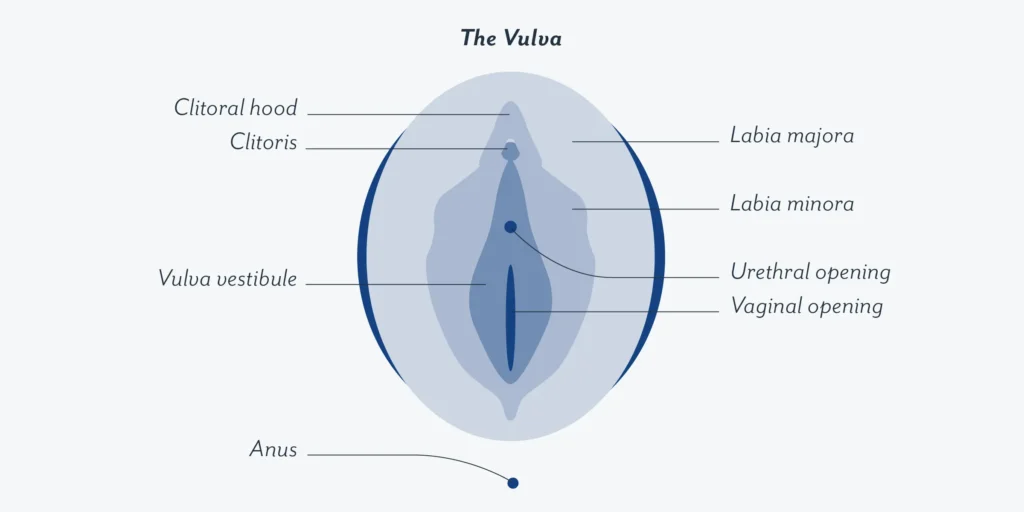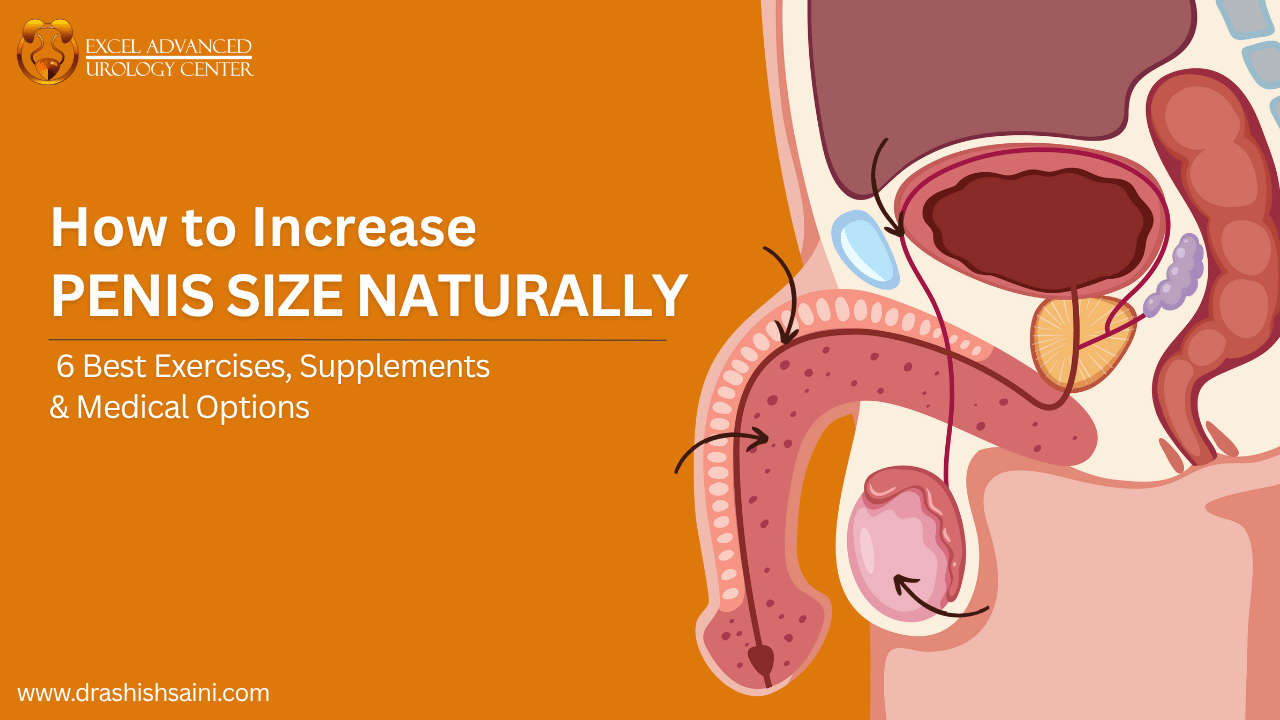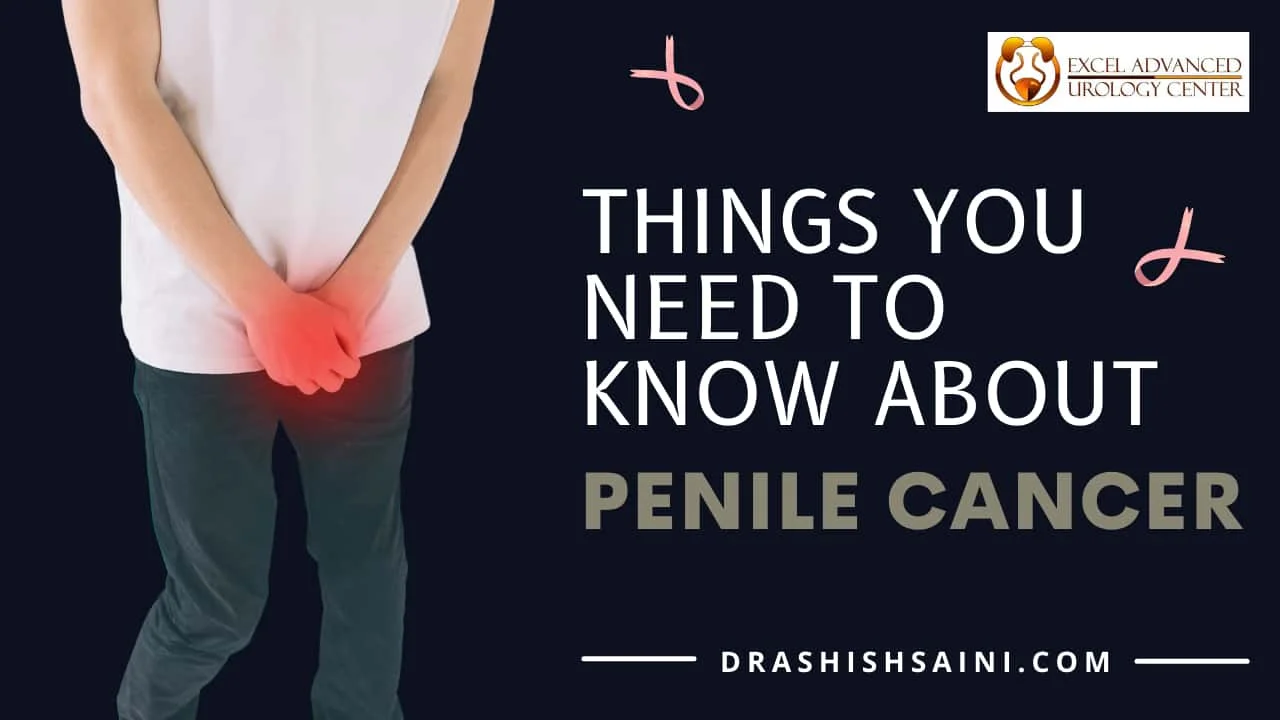

As the times are changing so is the outlook of the society between women and sex. Gone are the days where women and sex have just a relation with reproduction, other things like talks of pleasure, sexual health, safety, consent, etc. are also gaining momentum and this is appreciable that people are more inclined towards more things above reproduction like women sexual problems, and female sexual disorders, etc.
When sex is a major part of our lives, the discussion about sexual health takes a backseat, because of the shame and taboos surrounding it in society such as female sexual dysfunction, or women's sexual problems and health. And more so in the case of women, not only that men’s sexuality is discussed publically, but women’s health, sexual or otherwise, remains largely hidden or ignored.
Many individuals believe that sexual activity, which results in sexual arousal and eventually orgasm, is motivated by your body's physical need for sex. This may be the case for the majority of males, but not necessarily for the majority of women. Many women can become aroused and crave sex for a variety of reasons, and vice versa.
Physical desire isn't the main driver of sex for a lot of women, especially those over 40 or who have had menopause. A woman may want to have sex to express her emotions or to feel close to her spouse.
For each person, sexual satisfaction is different. Numerous aspects, like how you feel about your partner, yourself, your health, and your background in terms of religion and culture, all have an impact on how you respond sexually.
In this article, we are going to touch upon different aspects of the complicated yet fascinating relationship between women and sex and sexual dysfunction in women and also answer your questions like can female sexual dysfunction be cured? Or do I have sexual dysfunction?
Women and Sex - Understanding the body
The very first step in understanding women’s sexual health better is to understand the various components of the reproductive system, ones that are inside the body like the structure of the vagina, and ones that are outside.
What’s on the outside?
To start, the only organ that most seem to be aware of is the structure of the vagina, but there’s more than what meets the eye:
- Labia majora – Labia majora translates to “Big lips”, this is the outermost covering, and most commonly seen part of the reproductive system. It covers the labia minora and contains sweat and oil glands. Around puberty, hair grows on it, which in turn helps in maintaining temperature and prevents unwanted microbes from entering the vagina.
- Labia minora – translating into “small lips”, labia minora lies beneath labia majora, but the size more often than not is bigger than that of labia majora. It surrounds the urethra as well as the vaginal opening.
- Bartholin glands – these are pea-sized glands situated on either side of the vaginal opening, they help in lubricating the vagina in case of sexual arousal.
- Clitoris – Although not primary to reproduction, the clitoris is where a great number of nerve endings, approximately 8000, mark the figure, making it more sensitive than the penis. Hence clitoris is the point of pleasure.
These constitute the vulva, the outer part of the reproductive system.

What’s on the inside?
- Vagina – The vagina is a tube that joins the vaginal opening and cervix. Also known as the birth canal, it stretches on different occasions be it penetrative sex or childbirth. It is facilitated with self-cleaning liquids, which are generally called discharge.
- Cervix – The cervix is the lower part of the womb, it connects the uterus and vagina. It also functions as an opening that lets sperm in and menstruates blood out.
- Uterus – The uterus is a sac-like organ that becomes home to the baby during pregnancy. The uterus can stretch up to 500 times its size to accommodate a fetus. And in the case of non-fertilization, it’s the lining of the uterus that sheds off 0ver the course of a few days.
- Fallopian tubes – These are tubes connected to the upper side of the uterus, and serve as a canal that transports eggs from ovaries to the uterus. The process of fertilization of the egg takes place in this tube.
- Ovaries – Ovaries are small glands on the side of the uterus; these house eggs and also produce eggs.
Why is women’s sexual health important?
Life is essential, and so is sex. Some women begin to think about sex early—often before puberty—and continue to do so right up until the end of their lives. On a basic level, sex is merely another hormonally-driven biological process intended to ensure the survival of the species. On the other hand, it's a fun activity. It's a connection that can also strengthen the relationships that two individuals have.
The term "women’s sexual health" describes a woman's ability to completely engage in and enjoy sexual activities. A women's sexual health is influenced by a variety of physical, psychological, interpersonal, and societal aspects. Amazing connections between the sex organs, glands that produce hormones, the brain, and the rest of the body are necessary for sexual activity.
How sex impacts you?
The penis is a pleasure-sensitive organ, and pleasure is central to ejaculation. Meanwhile, it’s not necessary for women to orgasm to get pregnant; hence most of the time a woman’s pleasure is side-lined. While a woman’s pleasure may not be central to reproduction it plays a huge role in her well-being.
Whether you have a partner or not, maintaining a healthy sexual life involves looking after yourself. Physically, this entails engaging in safer sexual practices, routine STD testing, avoiding unexpected pregnancies, and visiting a doctor or nurse if you experience any sort of sexual disorder or other health issues.
Healthy sexuality also includes a lot of other things, such as experiencing sexual gratification, accepting one's sexual orientation and gender identity, and maintaining healthy relationships. Knowing what you want and don't want to do sexually and being able to communicate that to your partners are essential components of having a healthy sex life. Both you and your spouse should respect each other's boundaries.
These are a few benefits of regular orgasm:
- Orgasms increase the circulation of blood around the body, more so in the pelvic region.
- Increased blood circulation also helps in clearing skin.
- Happy hormones!!! Orgasm triggers the production of oxytocin, also known as the happy hormone. This hormone helps in reducing anxiety and stress.
- Increased oxytocin and decreased cortisol also mean better sleep.
Women and Sex issue - Female Sexual Dysfunction
Female Sexual Dysfunction is the term used in medicine to describe persistent, recurrent issues with sexual responsiveness, desire, orgasm, or pain that bother you or strain your connection with your partner.
Many women have issues with sexual function at some time in their life, and some continue to struggle. At any stage of life, female sexual dysfunction can arise. It could happen in every sexual circumstance or just specific ones. A complex interplay of physiology, emotions, experiences, beliefs, lifestyle, and relationships goes into a sexual response. Any component disruption can impact sexual desire, arousal, or satisfaction, and treatment frequently combines multiple strategies.
If female pleasure and sexual health are discussed less, problems related to them are discussed even lesser. Female sexual dysfunction marks a phenomenon in which women face regular problems with arousal, orgasm, response, etc. which then leads to problems between partners.
To keep functioning properly our body keeps producing various hormones throughout our lives, some people deal with hormone imbalance all their lives. Women should know about their bodies, their intimate organs and the structure of the vagina. Our sexual lives too are controlled by hormones and imbalance in any one of them can lead to problems.
Many face female sexual dysfunction at some point in their lives, and for some, the struggle continues for far longer than others. Sex and sexual health is a fine balance of various components like emotions, lifestyle, relationships, etc.
Do I have Sexual Dysfunction?
Many females have this question Do I have sexual dysfunction? Which confuses them a lot. So to help with that, here are some symptoms to check in your body to check if you have women's sexual problems. Symptoms vary according to the type of female sexual disorder that you are going through. Some symptoms of female sexual dysfunction in women are:
- Lower desire- you may feel less desirous about yourself or your partner
- Arousal disorder- lack of arousal or difficulty in getting aroused easily can be the symptom of arousal disorder
- Orgasmic disorder-not having orgasm often or facing difficulty in having an orgasm or never experiencing orgasm can point towards orgasmic disorder
- Pain during sex- pain during sex can be due to many reasons and chief one being lack of lubrication.

Causes for Female Sexual Dysfunction
There can be several causes of female sexual disorders and they can broadly be divided into three categories:
1. Physical
Physical reasons round up any physical condition that may hinder sexual activity. It can be a long injury or any pre-existing health condition like a kidney problem. Medicines that also reduce sexual desire come under the physical reason due to which your sexual desire may be fluctuating leading to women's sexual problems.
2. Hormonal
Menstruation brings with itself an excess of hormones and once menopause happens the flow of these hormones may decrease significantly. A few of these hormones like progesterone and estrogen regulate genital sensation, lubrication, muscle elasticity, etc.
3. Psychological
Another factor that can affect sexual desire is the psychological one that cannot be seen or traced via ultrasound but needs discussion with your doctor and partner.
Factors like stress between you and your partner, or stress of managing day-to-day life come under psychological reasons.
Can Female Dysfunction be cured?
Women can develop a treatment strategy for sexual dysfunction in collaboration with their medical team. Before selecting treatments, it's critical to comprehend the underlying physical or psychological problems.
Treatments for this women’s sexual problem include:
- Arousal techniques: Discuss with your partner the various methods you might raise arousal and desire.
- Counselling: Consulting a mental health expert may be beneficial. To have enjoyable sex, you can overcome psychological or emotional obstacles.
- Hormone therapy: Depending on your symptoms, your doctor may advise using topical creams, vaginally delivered drugs, or oral or topically applied hormones.
- Only flibanserin and bremelanotide have been licenced to treat women with hypoactive sexual drive disorder.
- There are numerous methods for managing discomfort during sexual activity. You can experiment with various sex positions, lubricants for the vagina, etc.
To wrap things up:
If none of your efforts appears to be having any effect, don't give up. One of the best actions to take in case of female sexual disorder is to talk to a doctor and get the matter resolved. Contact a gynecologist or sexologist at your earliest. If you're looking for sex problem remedies, Dr Ashish Saini can help you diagnose the cause of your sexual health problem and provide a suitable course of action.
We can help you if you are suffering from any issue related to women's sexual problems, sexual dysfunction in women etc. You can book an appointment with Dr Ashish Saini who is a certified urologist and andrologist who provides both online and offline consultation, giving you the freedom to choose between the options according to your convenience.
FAQ's
1. How to fix female sexual dysfunction?
2. What is a dietary supplement for female sexual dysfunction?
3. Can alcohol affect male and female sexual dysfunction?
4. How to improve women's sexual health?
a. Exercise
b. Fewer tensions
c. Share information with your partner
d. Schedule time for romance
e. Spice up your romantic life a little
f. Give up harmful habits
5. How to have a healthy vagina?
a. Sexual responsibility
b. Obtain a vaccine
c. Exercise your Kegels
d. Understand your meds
e. Do not smoke and consume alcohol in moderation.






